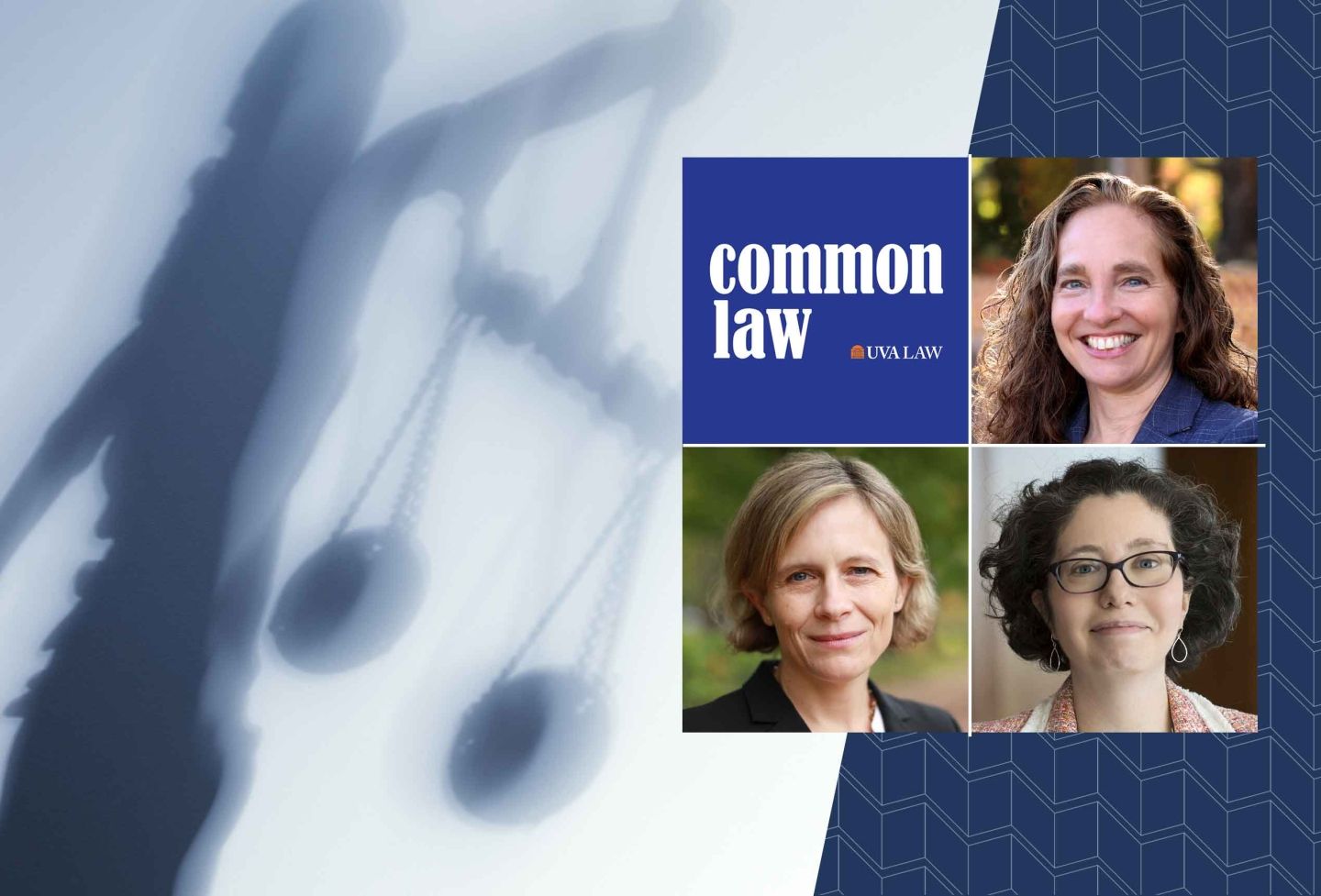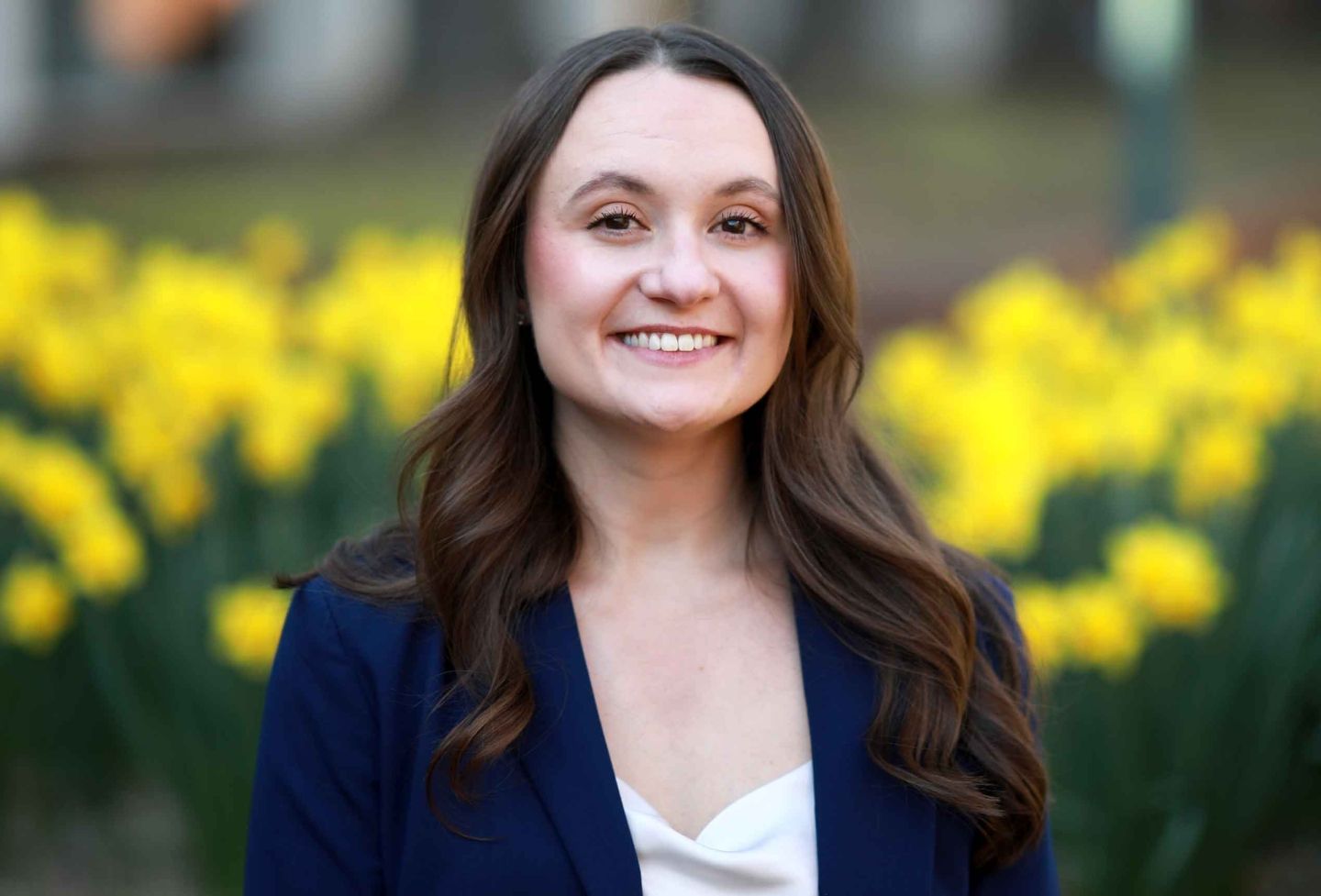A paper by Professors Pierre-Hugues Verdier and Mila Versteeg of the University of Virginia School of Law was cited Friday by the Supreme Court of Canada in a precedent-setting ruling that holds Canadian companies accountable for human rights abuses.
In Nevsun Resources Ltd. v. Araya, the court ruled that a Canadian mining company can be sued in a Canadian court for offshore abuses, rather than requiring courts in the jurisdiction where the alleged crime occurred to be the arbiter.
The professors published “International Law in National Legal Systems: An Empirical Investigation” in the American Journal of International Law in 2015. In it, they find that “in virtually all states, [customary international law] rules are in principle directly applicable without legislative implementation.”
The court cited this finding in support of its decision to confirm that customary international law forms part of Canadian law. It went on to provide a domestic legal remedy for violations of human rights protected by international norms.
The professors said the long-term implications of the case could include greater international recognition of the practice of trying such cases in the home states of multinational firms.
Prosecutors and human rights advocates have long attempted to hold U.S. and foreign corporations accountable in U.S. courts for human rights violations overseas under the Alien Tort Statute. In recent decisions, however, the U.S. Supreme Court has all but eliminated this recourse.
Versteeg is the Martha Lubin Karsh and Bruce A. Karsh Bicentennial Professor of Law; co-director of the Human Rights Program at UVA Law; and a senior fellow at the Miller Center.
Verdier is the John A. Ewald Jr. Research Professor of Law and director of the Graduate Studies Program at UVA Law.
Founded in 1819, the University of Virginia School of Law is the second-oldest continuously operating law school in the nation. Consistently ranked among the top law schools, Virginia is a world-renowned training ground for distinguished lawyers and public servants, instilling in them a commitment to leadership, integrity and community service.


